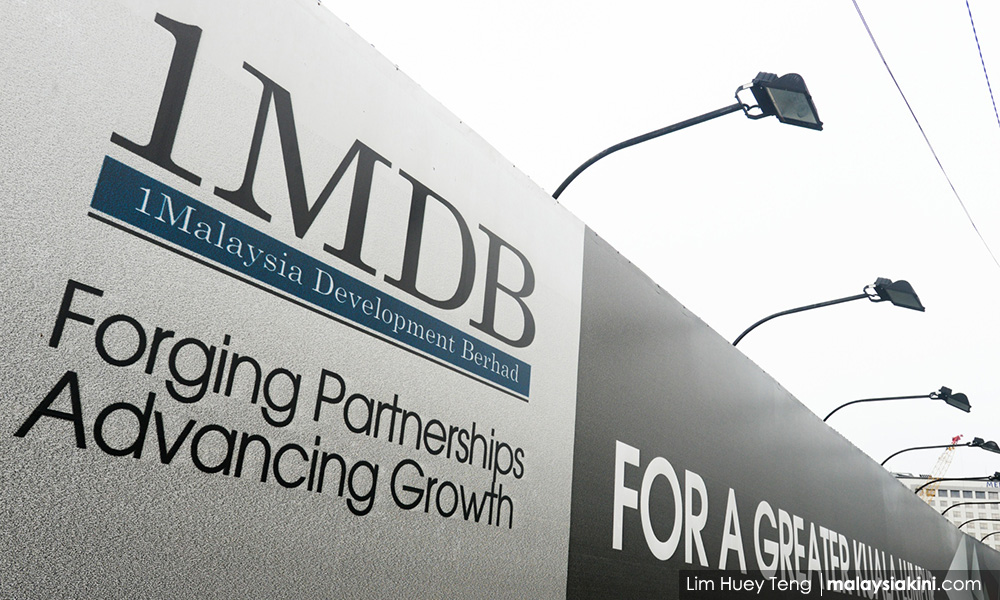QUESTION TIME | The proposed new Anti-Fake News Act 2018, tabled in Parliament yesterday, would become the biggest ever threat to press freedom in the country once it becomes law. It not only provides hefty penalties for offenders, it makes it easy to compel so-called fake news to be removed without representation by the publishers.
On top of that, there is an all-encompassing clause which states that if fake news is removed because of national security or public order reasons on an order from the government, there cannot be an application against that order, making in effect the government the final arbiter of what can be published. Any news can be removed at will using the security and public order clause.
The offence for publishing or distributing fake news, defined in Section 2 of the proposed act as “any news or information in any form which is wholly or partly false”, is a fine of not more than RM500,000 or not more than 10 years in prison, or both. Under Section 3 (2) even if the offence is committed overseas, an offender can be dealt with as if the offence was committed in Malaysia. For continuing offence, there is a fine of RM3,000 a day for which the offence continues after conviction.
Abetment of the offence attracts the same punishment while for a corporation, key officers such as director, CEO, manager and secretary may be charged jointly or severally for the offence.
Further, under Section 5, any person directly or indirectly providing financial assistance for the commission of the offence will be subject to the same provisions - fine of up to RM500,000 and prison of up to 10 years, or both. That may include even shareholders of publications, including online news organisations. This is clearly aimed at cutting off financing to news websites.
Section 7 provides that the court can order the removal of fake news ex parte (on the interests of only one party, without the other being represented). The order can be served by electronic means such as e-mail or to a social media account. That makes it easy for involved parties to remove so-called fake news.
Section 8 provides for an application to set aside the order but it will not amount to a stay of the order, which means the report still cannot be used. However, if the order is obtained by the government “relating to a publication containing fake news which is prejudicial or likely to be prejudicial to public order or national security”, there shall be no application for the setting aside of such order. Further, Section 9 empowers the court to order the removal of the publication by a police officer or authorised officer under the Communications and Multimedia Act 1998.
All that make it a major deterrent for investigative reporting or uncovering scandals because a small mistake in reporting could make the entire report false although the whole picture uncovered by the report is basically intact. With such laws in place, even online sites which previously were brave enough to report scandals such as 1MDB will now hesitate. Even if they report, the government can apply to the courts for the removal of the news with no representation from the publishers.

Effectively, the proposed legislation makes it impossible to report on any wrongdoing by the government which can use the legislation to block its publication. As Malaysiakini editor-in-chief Steven Gan said: "Malaysia already has a litany of laws which have been used – and abused – to combat fake news. This new law is more than just another layer of control by the government; it is a death blow to...

